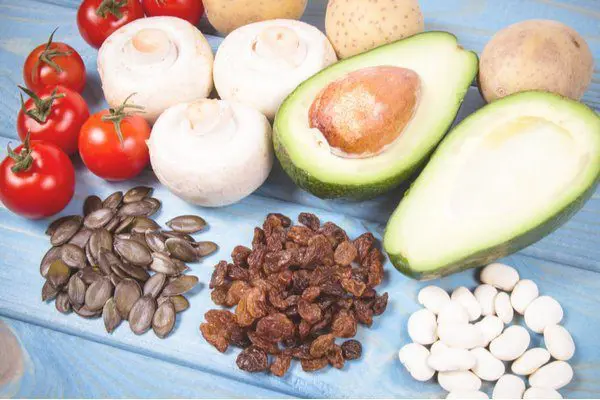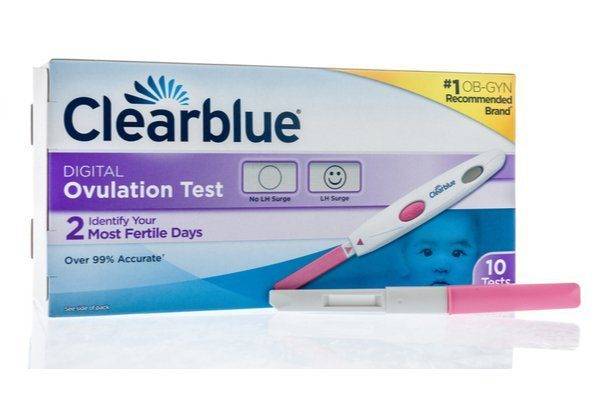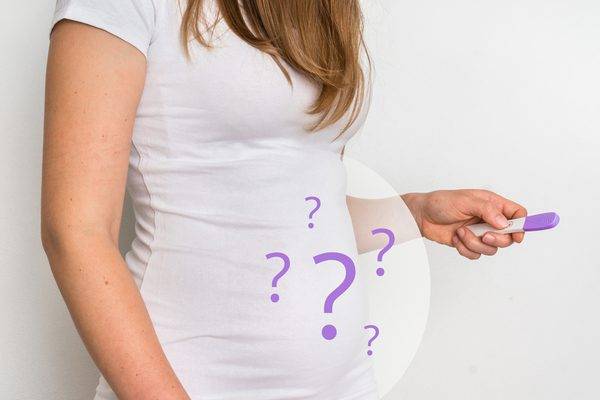Eating a well-balanced diet that consists primarily of fruits, veggies, proteins, and healthy fats is a standard goal that many strive to abide by. We have all tried on at least one occasion to live by a strict healthy diet. While going overboard on dieting is never a good thing, the benefits that come from a well-balanced diet are truly remarkable and seem to have no limit.
But what some people do not know is that the advantages of healthy eating do not extend only to gym goers and those trying to get their bikini body before summer hits. A healthy diet is also beneficial, and perhaps even necessary, for those trying to get pregnant.
The Fertility Diet Myth
Just to be clear, there is no diet in the world that will magically make you pregnant – so don’t get too excited! Some of the healthiest eaters and people in the world may still have trouble getting pregnant due to the numerous factors that affect conception.
Nevertheless, it is true that studies show a correlation between certain foods and fertility, as well as increased success in infertility treatments, such as IVF. While healthy eating is only one step towards increasing your fertility, it can certainly be a pretty important step when followed correctly – and safely!
Not only could healthy eating and specific foods increase your fertility and give you a healthier pregnancy, but a healthy diet will also make you look and feel like your best self – both for your own personal gain and for preparing your body to make a baby!
So, let’s take a look at the different types of foods that could very well increase your fertility!
The Fertility Diet: Top Foods for Increasing Fertility
1. Turn Up the Antioxidants
If you already eat a lot of fruits, veggies, nuts, and grains, you’re in luck! These foods are jam-packed with nutrient-rich antioxidants, such as vitamins C and E, folate, beta-carotene, and lutein. What does this mean for your fertility? Well, these antioxidants may improve fertility for both women and men.
They do so by deactivating the free radicals in your body, which can be harmful to both sperm and egg cells. In fact, one study revealed that young men who ate 75 grams of walnuts each day (an antioxidant-rich food) showed improved sperm quality. Antioxidants have even proven to help couples who are undergoing in-vitro fertilization.
And since antioxidants are found in so many different foods, incorporating them into your diet will be both delicious and easy!
2. Hello Healthy Fats, Goodbye Trans Fats
The word “fats” may intimidate some who have attempted diets at one time or another. But just as healthy fats are important for those looking to improve their overall health, they are also great for enhancing fertility. But beware: healthy fats should not be mistaken with trans fats!
Trans fats are the fats commonly found in hydrogenated vegetable oils, as well as some fried foods, processed foods, and baked goods. The negative effects on insulin sensitivity that results from trans fats tend to correlate with an increased risk of ovulatory infertility.
When trying to increase your fertility levels, make sure that you avoid foods high in trans fats and veer towards those that are rich in healthy fats.
3. Bring in the Veggie Proteins
Proteins are amazing for your health and offer an abundance of benefits. But when you are trying to increase fertility, it may be time to start substituting animal-sourced proteins for vegetable proteins and fish. If you like a good cheeseburger every now and then, don’t worry. We’re not saying that you must completely convert to a vegetarian or pescatarian diet.
Simply try to opt for proteins that don’t come from red meat as much as possible. Turkey, chicken, and fish or abundant in protein, which is proven to help with fertility and encourage a healthy pregnancy. According to the National Institutes of Health, there are certain chemicals found in some animal fats that are linked to issues in conception. That is why you want to try and avoid red meat as much as possible when trying to conceive!
There is also plenty of protein in many vegetables that are known to increase fertility. If your taste buds already crave beans, nuts, seeds, and tofu, you’re already a step in the right direction! These foods are packed with proteins and healthy fats while being low in calories. And if that weren’t awesome enough, a study shows that the risk of ovulatory disorders is reduced by half when 5% of one’s total calorie intake comes from plant proteins.
To sum this up for you: If you want to get pregnant and feel amazing, it’s time to start eating veggie proteins.
4. Introducing Non-Heme Iron
Speaking of the power of plant-based foods, it is known that consuming iron supplements and non-heme iron may decrease your risk of ovulatory infertility. And where can you find iron supplements and non-heme iron? You guessed it: in plant-based food sources.
While there is still more evidence needed to confirm that all women should take iron supplements, there is certainly a correlation between increased fertility and non-heme iron.
Keep in mind that it is more difficult for your body to absorb non-heme iron, so make sure you take them with a vitamin C source to help absorb it!
5. Eat More “Slow” Carbs
Whoever said carbs were a bad thing? When it comes to prepping your body to make a baby, don’t be afraid to whip up some yummy carbs – “slow” carbs, that is!
“Slow” carbs is just another name for the commonly known complex carbs, which are the kind of carbs you should be enjoying when trying to get pregnant. These good carbs include fruits, vegetables, beans, and whole grains. What’s so good about these good carbs? They are digested slowly and offer a more gradual effect on your blood sugar level and insulin.
Avoid bad carbs that are found in many baked goods, white bread, and white rice. These bad carbs produce high insulin levels which studies show can inhibit ovulation.
The point is, carbs do not have to be the enemy, nor should they be, especially when you are trying to get pregnant! Enjoy a healthy variety of good complex carbs to help increase your fertility.
Time to Eat!
After going over the many different foods that await you for a chance at increased fertility – and not to mention a mouth-watering meal – it’s time to get creative and get cooking!
There are plenty of fun ways that you and your partner can enjoy the many benefits of a well-balanced diet. Remember, while there is no diet that will automatically give you a baby, there are plenty of foods out there linked to increased fertility.
At the very least, you will start to look and feel your best from eating a healthy diet. And at most, you could be welcoming a new addition to your family sooner than you think.




